Paratrooper commander Colonel Mathieu, a former French Resistance fighter during World War II, is sent to Algeria to reinforce efforts to squelch the uprisings of the Algerian War. There he faces Ali la Pointe, a former petty criminal who, as the leader of the Algerian Front de Liberation Nationale, directs terror strategies against the colonial French government occupation. As each side resorts to ever-increasing brutality, no violent act is too unthinkable.
Related Movies
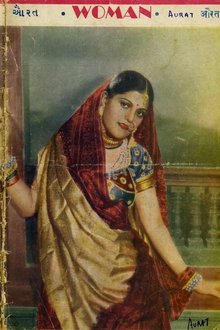
Aurat (1940)
Radha is a resolute mother, who strives hard against poverty and a lecherous money lender to feed her two sons who grew up with contrasting temperament.
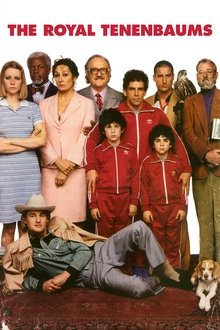
The Royal Tenenbaums (2001)
Royal Tenenbaum and his wife Etheline had three children and then they separated. All three children are extraordinary --- all geniuses. Virtually all memory of the brilliance of the young Tenenbaums was subsequently erased by two decades of betrayal, failure, and disaster. Most of this was generally considered to be their father's fault. "The Royal Tenenbaums" is the story of the family's sudden, unexpected reunion one recent winter.
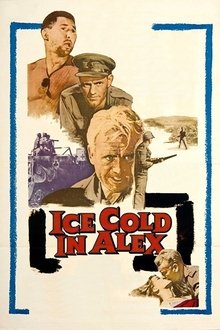
Ice Cold in Alex (1958)
A group of army personnel and nurses attempt a dangerous and arduous trek across the deserts of North Africa during the second world war. The leader of the team dreams of his ice cold beer when he reaches Alexandria.
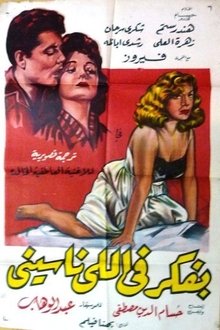
Bufakkar filli nassini (1959)
Laila is a good girl and loves the engineer Hossam, and he wants to submit to her, but her family refuse to marry them before she marries her older sister Sawsan, and that sister despite her beauty and attractiveness, no one has presented her to her. .
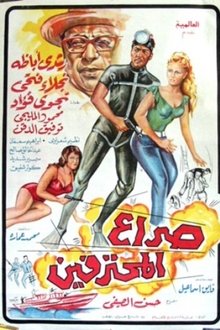
Seraa All Mohtafeeen (1969)
Gharbawi Bey, owner of a fishing fleet in the Abi Qir area of Alexandria, is in fact a smuggler who is monitored by the detective and recruited for him by the only officer who disguises himself as Dr. Fathi, trying to get close to Leila, the smuggler's daughter, according to the plan set forth by the chief of the detective.
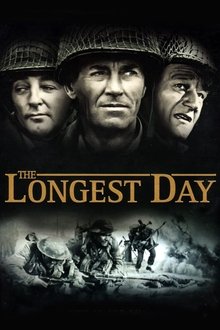
The Longest Day (1962)
The retelling of June 6, 1944, from the perspectives of the Germans, US, British, Canadians, and the Free French. Marshall Erwin Rommel, touring the defenses being established as part of the Reich's Atlantic Wall, notes to his officers that when the Allied invasion comes they must be stopped on the beach. "For the Allies as well as the Germans, it will be the longest day"
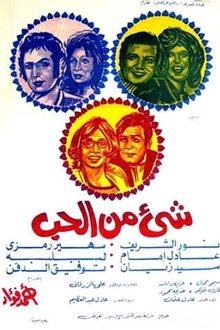
Something of Love (1973)
The two friends, Adel and Sharif, reside in one apartment, and Sharif falls in love with Enas and his exchange of feelings is the same, to ask her to marry her cousin Darwish, who suffers from mental problems, so that Darwish requires him to marry Salwa his friend Adel first for a week as a condition to complete the marriage, and events escalate.
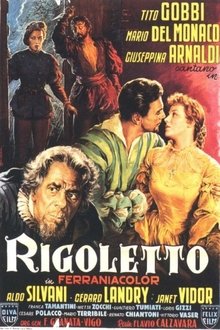
Rigoletto (1946)
This tragic story revolves around the licentious Duke of Mantua, his hunch-backed court jester Rigoletto, and Rigoletto's beautiful daughter Gilda. The opera's original title, La maledizione (The Curse), refers to the curse placed on both the Duke and Rigoletto by a courtier whose daughter had been seduced by the Duke with Rigoletto's encouragement. The curse comes to fruition when Gilda likewise falls in love with the Duke and eventually sacrifices her life to save him from the assassins hired by her father.
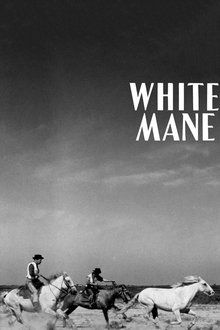
White Mane (1953)
In the south of France, in a vast plain region called the Camargue, lives White Mane, a magnificent stallion and the leader of a herd of wild horses too proud to let themselves be broken by humans. Only Folco, a young fisherman, manages to tame him. A strong friendship grows between the boy and the horse, as the two go looking for the freedom that the world of men won’t allow them.
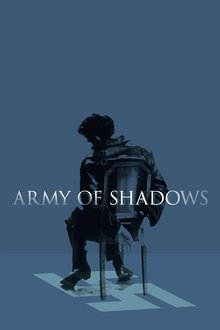
Army of Shadows (1969)
Betrayed by an informant, Philippe Gerbier finds himself trapped in a torturous Nazi prison camp. Though Gerbier escapes to rejoin the Resistance in occupied Marseilles, France, and exacts his revenge on the informant, he must continue a quiet, seemingly endless battle against the Nazis in an atmosphere of tension, paranoia and distrust.
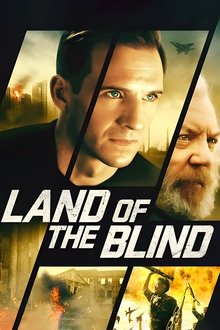
Land of the Blind (2006)
A soldier recounts his relationship with a famous political prisoner attempting to overthrow their country's authoritarian government.
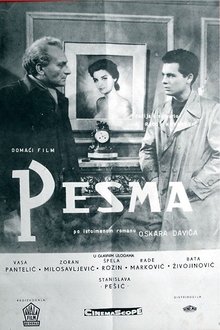
The Poem (1961)
An influential Serbian poet decides to leave Nazi-occupied Belgrade and join partisans in the country. A young resistance activist, however, is not so thrilled with the idea because the old and womanizing intellectual doesn't fit in with his strict moralistic standards.
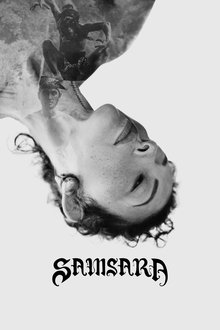
Samsara (2024)
Darta, a man from an impoverished family, is rejected by the wealthy parents of the woman he loves. Desperate, he strikes a bargain with the Monkey King, performing a dark ritual to gain wealth. However, in doing so, he accidentally curses his wife and child to a life of suffering. Rooted in Indonesian mysticism, this universal narrative explores the insatiable hunger to become something one is not and the boundaries one is willing to cross to achieve it.
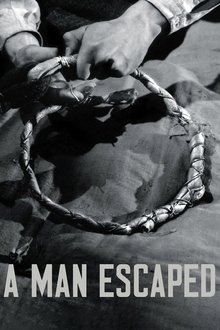
A Man Escaped (1956)
A captured French Resistance fighter during World War II engineers a daunting escape from prison.
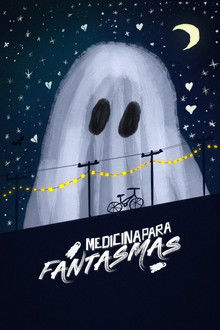
Medicina Para Fantasmas (2025)
After the disappearance of all the people at a Halloween party, Olivia will try to find out the whereabouts of her ex-boyfriend, Oliver, to mend her relationship with him. Along the way she will meet Alex, a man dressed as Frankenstein, and a ghost who will stalk her in her most vulnerable moments.
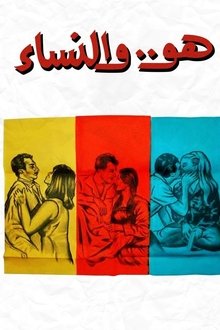
Huwa wa el nessaa (1966)
Alawi is a theater director, who lives an unstable family life, as his wife does not understand the nature of his profession, and seems very jealous over him, as it does not lead him to the requirements of the home as he likes, which causes Alawi to spend most of his time outside the home, while during his discharge he plays one of the plays invading Dosa, Which finds her innocence something different from his wife, and feelings of love grow between the two, the wife knows about the relationship, so she requests a divorce, and the women crowd with him after separating from his wife.
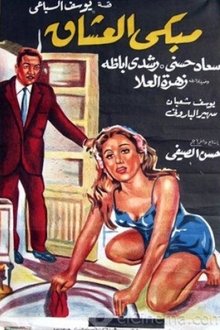
The Place of Weeping Lovers (1966)
A young engineer whose wife dies in a car accident, and leaves his young daughter, and because he is an petroleum engineer, he has to be absent from the house, so he brings a maid to the house, and takes her with him to his home in Suez where he works, on one of the nights he drunk, the engineer rapes the maid, and when she carries the fetus he requests Among them is the speed of getting rid of it, and when he presents it to the doctor, the latter informs him that abortion is dangerous for her life, which puts the man in a crisis.
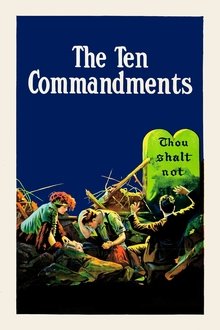
The Ten Commandments (1923)
The first part tells the story of Moses leading the Jews from Egypt to the Promised Land, his receipt of the tablets and the worship of the golden calf. The second part shows the efficacy of the commandments in modern life through a story set in San Francisco. Two brothers, rivals for the love of Mary, also come into conflict when John discovers Dan used shoddy materials to construct a cathedral.

